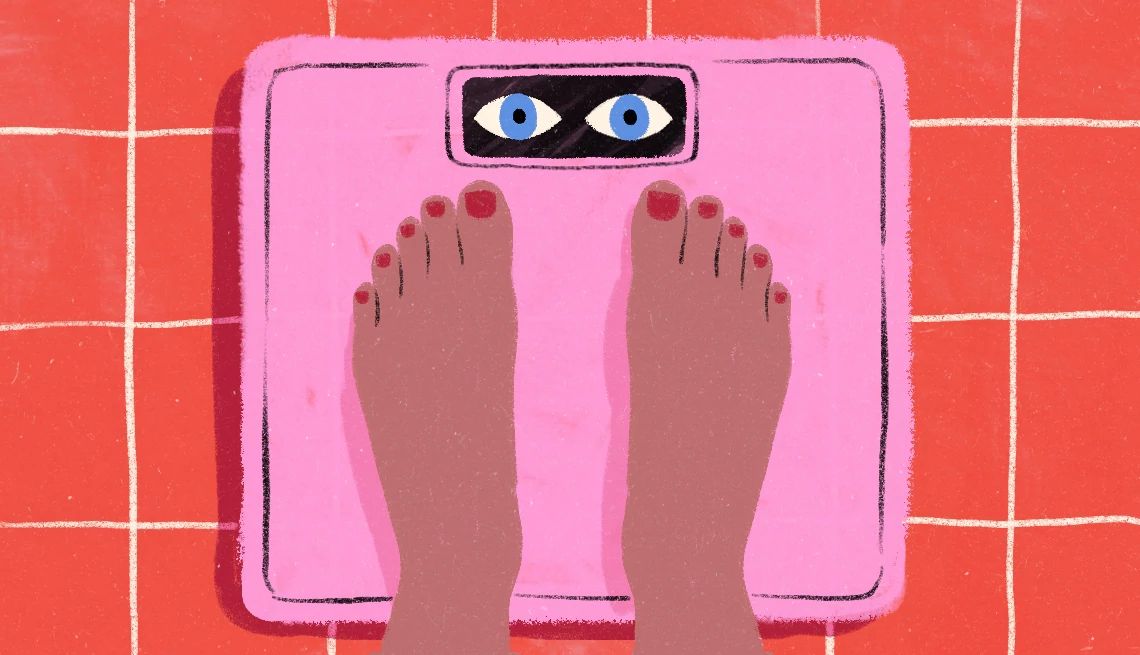AARP Hearing Center


Welcome to Ethels Tell All, where the writers behind The Ethel newsletter share their personal stories related to the joys and challenges of aging. Come back Wednesday each week for the latest piece, exclusively on AARP Members Edition.
I’ve been a yo-yo dieter for most of my adult life, gaining and losing the same 20 pounds over and over again. But by the time I hit my 70s, that 20-pound tire around my midsection had grown to 40 pounds, and while I certainly could put on the weight quickly — just leave me alone in a room with a loaf of hard-crusted bread and a butter knife — losing that weight was another story.
No matter what I tried, the needle on the scale kept creeping up with each week, wresting away the mantle of “highest weight ever” from the previous week. And along with that came obesity’s first cousins: high blood pressure, high cholesterol, prediabetes, kidney disease and a debilitating lack of energy. I felt powerless against what my body was doing.
In May, I turned to my primary care doctor for help and said I wanted to learn more about the diet world’s latest wonder drugs — the GLP-1 medications that are supposed to suppress your appetite and quiet the “food noise” in your head. I had little knowledge about them beyond some of the names: Ozempic, Wegovy, Zepbound, Mounjaro. We discussed how they work (by lowering your blood-sugar levels), the side effects I might experience (constipation, gastric distress, headaches), how they were administered (generally a weekly self-injection, although I am taking a thrice-weekly sublingual compound), and the cost, which is not inconsiderable.
We also flipped the script and discussed my health risks if I did not lose weight. I met with a nutritionist and learned that I would need to eat more protein, and spoke to a trainer about a weight-resistance program to help turn that protein into muscle. My husband and I had many conversations about how starting a weight-loss medication would impact our lifestyle. Eating out would be harder, having wine with dinner nightly might no longer be the case, and someone would have to tell our dogs we would be walking longer and faster, and stopping to sniff far less.

































































More From AARP
5 Science-Backed Ways to Slow Aging
A doctor’s advice, based on decades of practice and the latest science
How This Little Beauty Trick Changed My Life
I now feel more confident in my appearance as I age
Life Alone When a Long-Term Relationship Ends
Make sense of the confusion by asking yourself a few questions